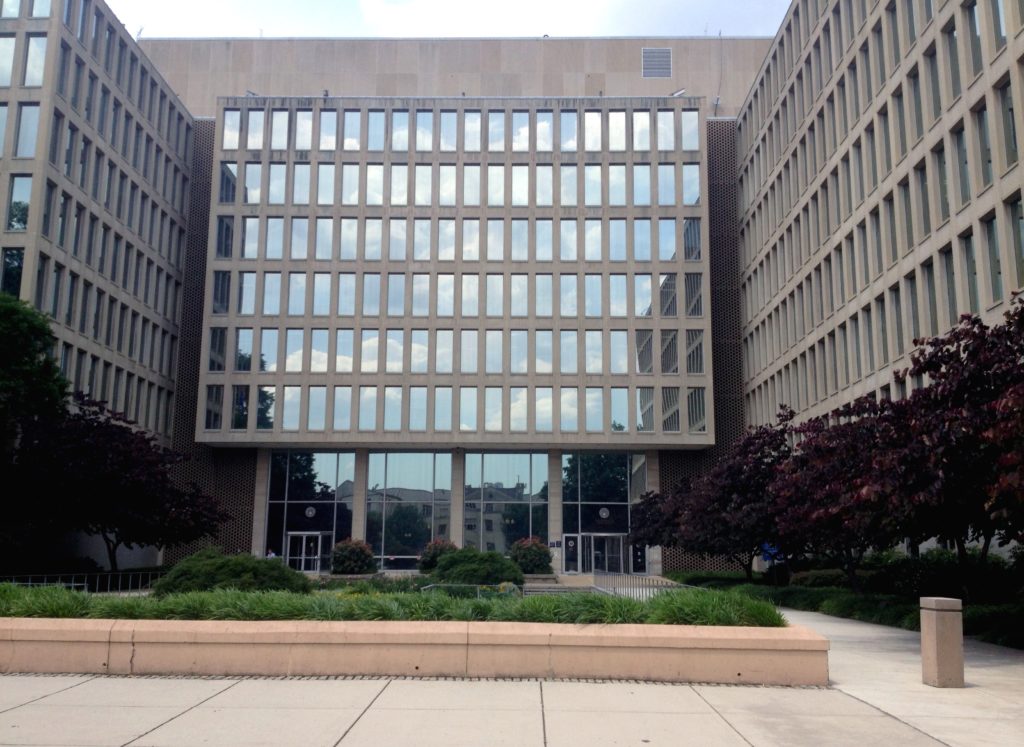
The FEHBlog discovered OPM’s Agency Financial Report for the 2021 fiscal year, dated November 2020, on its website tonight. The most interesting discussion of the FEHB begins at page 125, the start of OPM’s response to the Inspector General’s top management challenges paper.
From the Delta variant vaccine front, Politico reports tonight that
The Food and Drug Administration on Friday is expected to authorize Moderna’s Covid-19 booster shot for all adults — a move that would come in tandem with the clearance of Pfizer-BioNtech’s booster for widespread use, two people with knowledge of the matter told POLITICO.
The decision comes just days after Moderna officially asked the FDA to green-light its booster for Americans 18 and older, and reflects the administration’s growing unease over the recent rise in Covid-19 cases across the nation.
The FDA had previously planned to authorize Pfizer’s booster shot this week, enabling the government to roll out shots to millions more people ahead of the Thanksgiving holiday.
But after Moderna filed a similar request on Wednesday, officials began debating whether to speed that authorization along as well, the people with knowledge of the matter said.
The FDA declined to comment.
From the Open Season front, Govexec discusses how to get the biggest bang for your buck in dental benefits if you are a federal or postal employee / annuitant.
From the telehealth front, Fierce Healthcare informs us that
In a report from Quest Diagnostics released Monday, 67% of the over 500 primary care physicians surveyed said they fear they missed signs of drug abuse in their patients during the pandemic.
And nearly all of them were prescribing those often-misused drugs—a whopping 97% reported prescribing opioids within 6 months of taking the survey.
Their concerns extend beyond the pandemic into telemedicine use today. Only 50% of physicians said they were confident they could recognize signs of drug misuse during telehealth visits, a far cry from the 91% that said the same of in-person patient interactions.
From the Rx coverage front, the Wall Street Journal reports that
CVS Health Corp. said Thursday it will close 900 stores over the next three years, nearly 10% of its U.S. locations, while adding more health services at remaining locations.
The largest U.S. pharmacy chain said it would close 300 stores a year while adding primary-care offices at certain sites as well as converting more stores into so-called health hubs with offerings such as diagnostic testing, mental-health services and hearing exams.
“The company has been evaluating changes in population, consumer buying patterns and future health needs to ensure it has the right kinds of stores in the right locations for consumers and for the business,” CVS said in a statement.
A CVS spokesman said the company doesn’t yet have a list of which stores are closing, a process that will begin early next year.
From the strategy front, Federal News Network tells us that
The Biden administration on Thursday laid out the vision for its President’s Management Agenda, detailing three broad goals and four values that will drive a multi-year, multi-faceted effort throughout the government.
The initial vision is a roadmap that explains how the administration will build capacity within government agencies to make good on the president’s broader agenda, Jason Miller, deputy director for management at the Office of Management and Budget, said.
“The how matters. This president has been clear from day one that how we do things shapes what we can do,” Miller told reporters Wednesday evening.
To that end, the Biden administration said values of equity, dignity, accountability and results would drive its PMA priorities. Each priority has multiple underlying strategies.
Those priorities are:
Strengthening and empowering the federal workforce
Delivering excellent, equitable and secure federal services and customer experiences
Managing the business of government to “build back better”
“This simple, yet powerful three-part approach builds on lessons learned across administrations, while also repairing damage done over time to the federal government, by strengthening its capacity to deliver results,” Miller said.
The administration wanted to keep the PMA simple, and it explicitly wanted to avoid setting “dozens and dozens of new initiatives,” Miller added.
Meritalk adds
The Office of Personnel Management (OPM) and the Office of Management and Budget (OMB) are set to release their four-year strategic plan later this month, according to OPM Director Kiran Ahuja, who previewed what the Federal government can expect to see in that plan.
During an FCW event today, Ahuja said the four-year strategic plan is currently “in OMB’s hands and will be released fairly soon.” Ahuja also said the plan will focus on rebuilding the Federal workforce.
“We have an opportunity to remake it, both in the early career talent that we need to bring in, as well as the importance of professional development opportunities,” Ahuja said.
She went on to say the plan will also focus on the Federal workforce becoming “the model employer,” through both telework and remote work flexibilities, as well as “a whole range of efforts,” including providing support to the Federal workforce and leaning in to “a hybrid work environment and being an example there.”
It seems like yesterday that OPM released its last four year plan in 2018.
